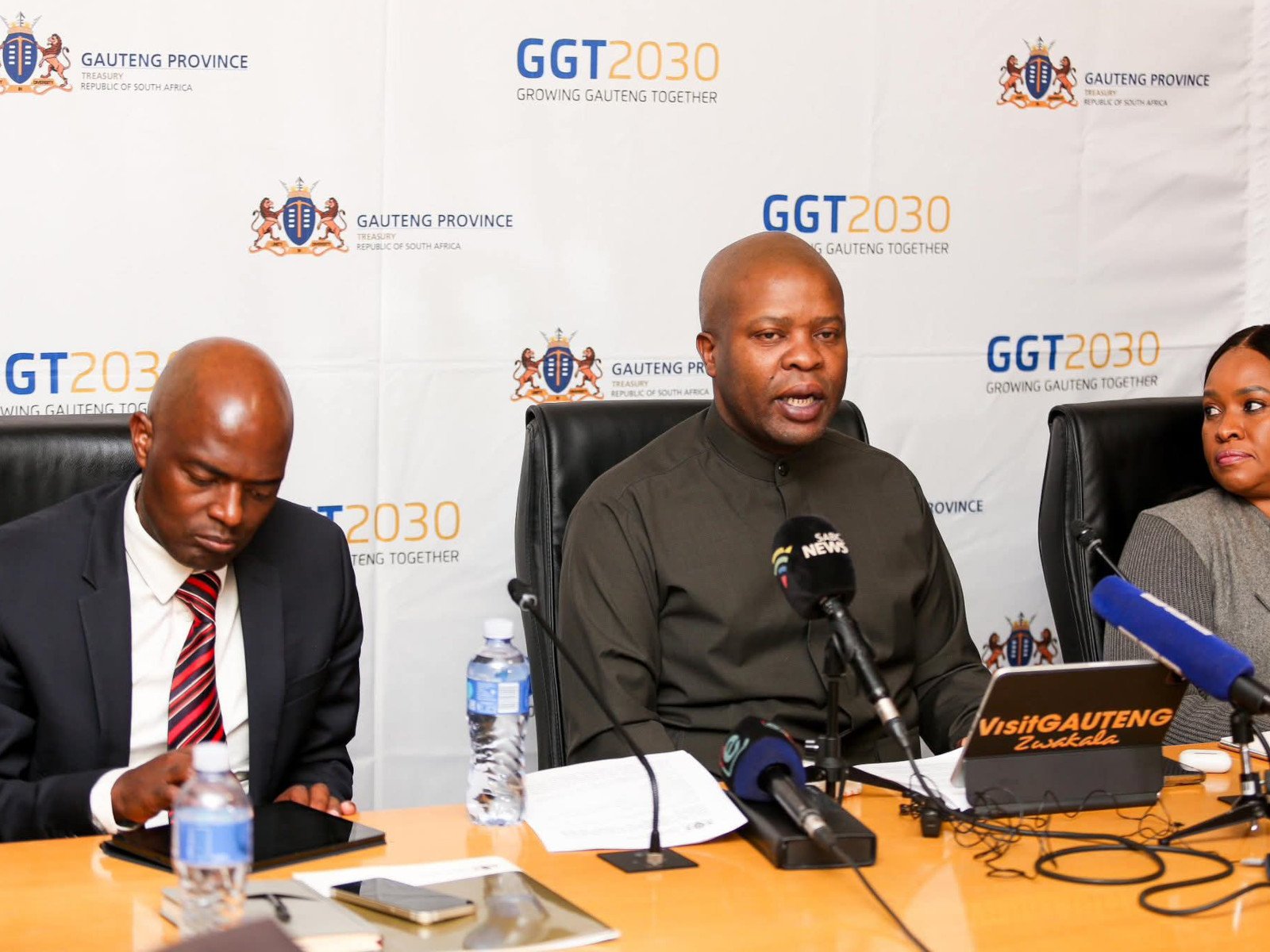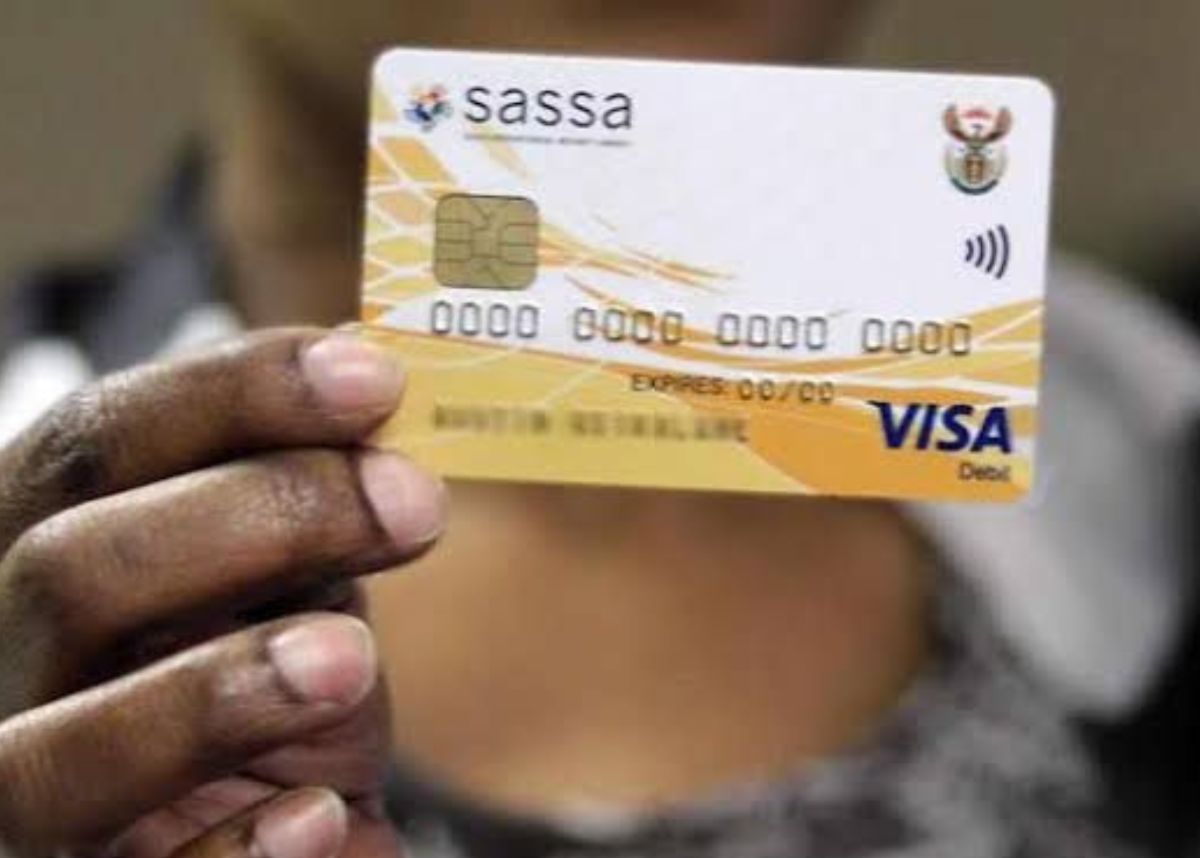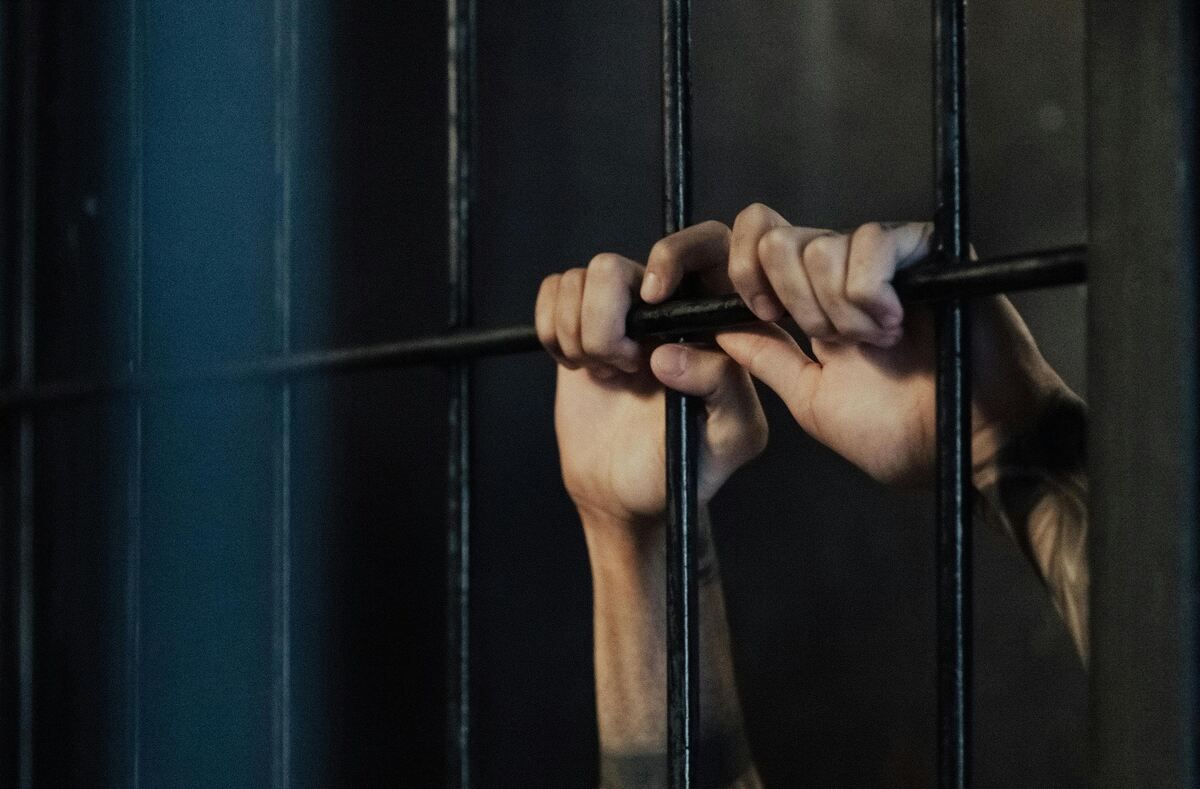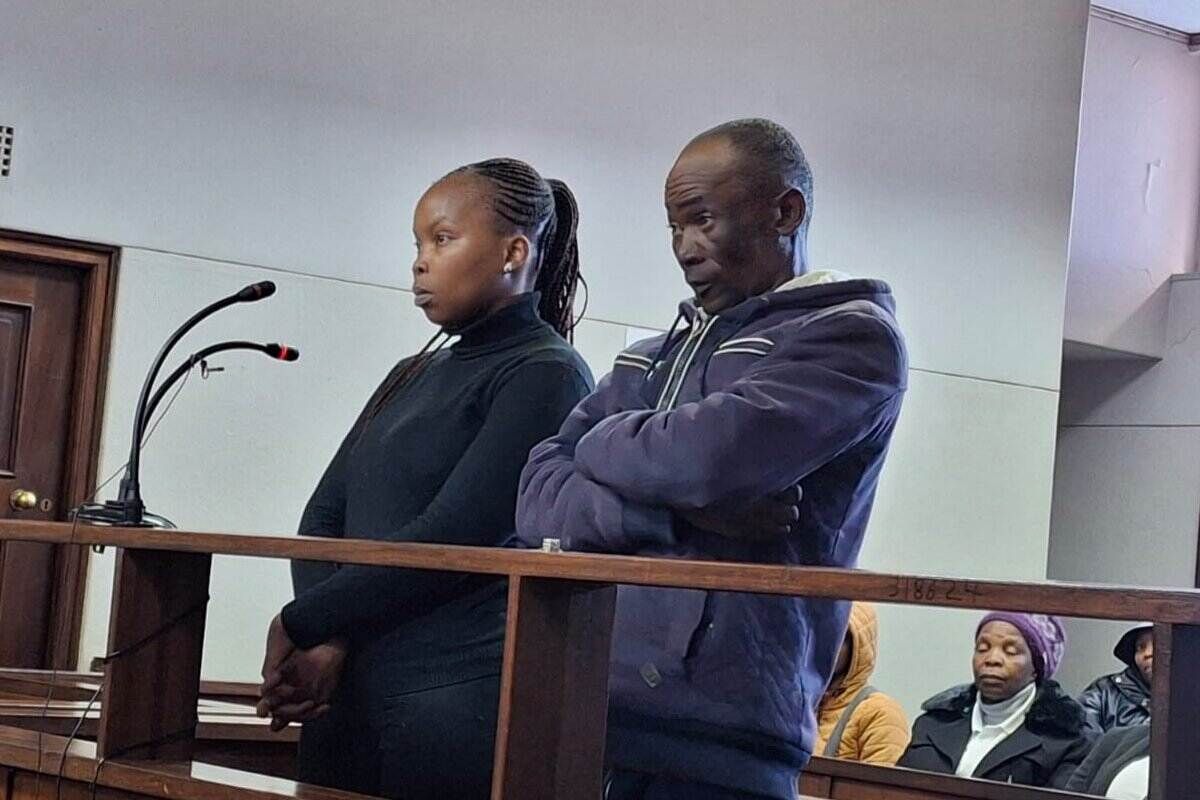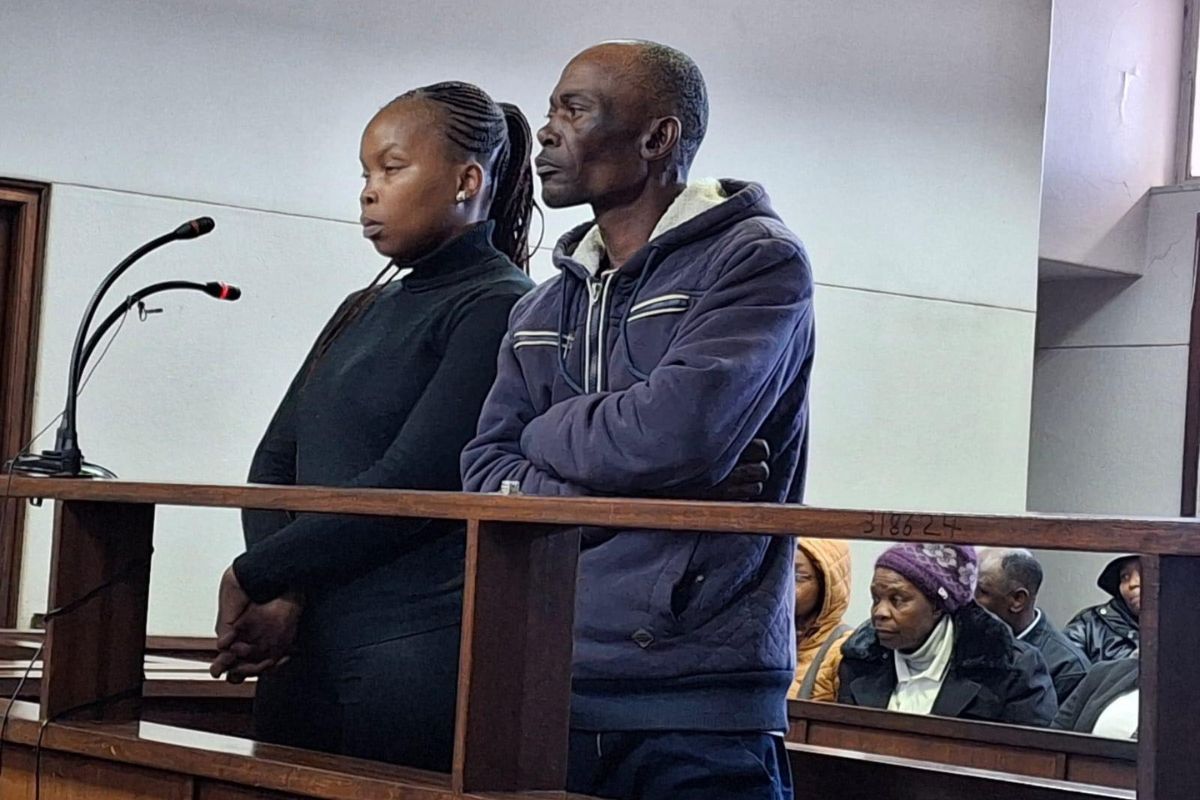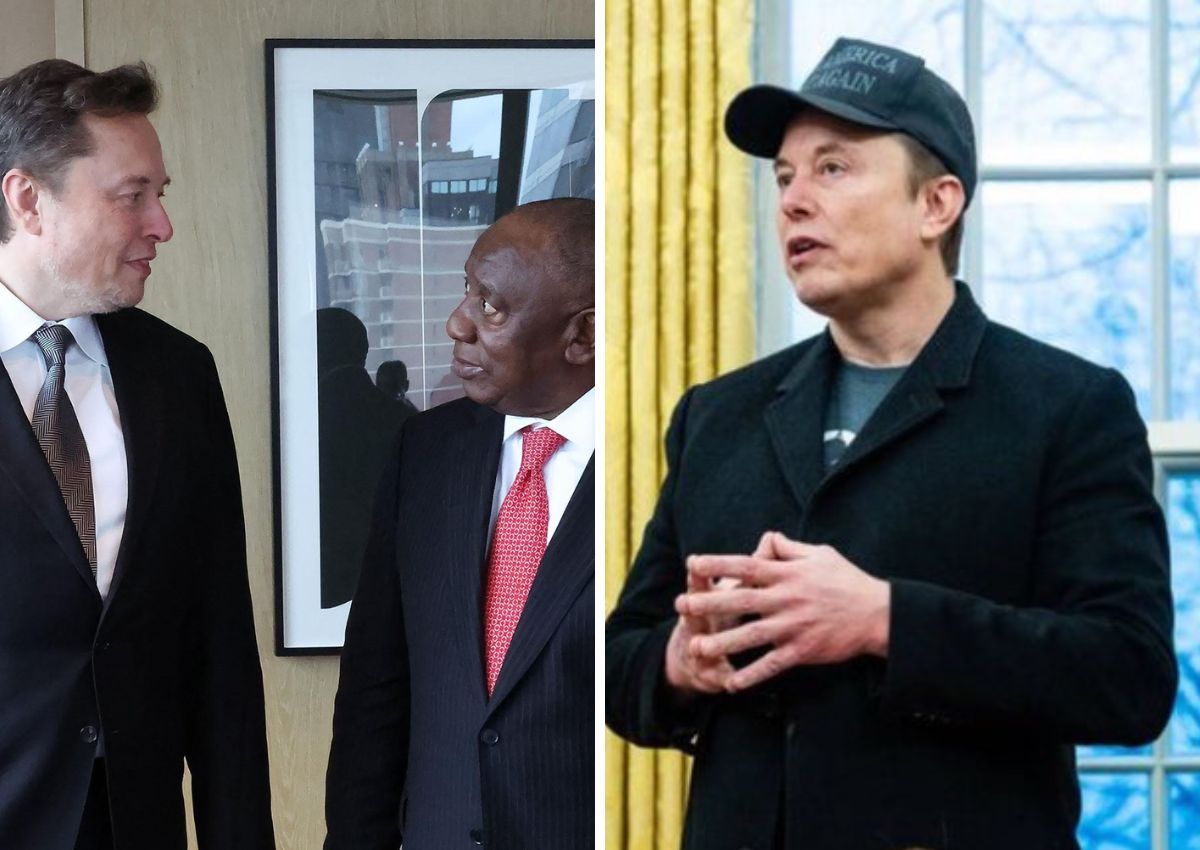
South Africa’s proposal to amend the Black Economic Empowerment (BEE) Act has provoked political outrage, with Elon Musk’s Starlink at the forefront.
The retaliation responds to Solly Malatsi’s (Minister of Communications and Digital Technologies) Friday announcement, recommending they restructure the Electronic Communications Act, which requires 30% of foreign telecoms equity to be black-owned.
Malatsi’s proposition occurred two days after South African President Cyril Ramaphosa visited the White House, during which Cape Town-based billionaire Johann Rupert requested Musk’s technology to tackle the nation’s high murder rate.
Starlink is yet to operate in South Africa as several neighboring countries grant access.
Who said what?
Portfolio committee chair and African National Congress (ANC) member Khusela Diko declared Malatsi’s scheme as bending the rules for Musk in a Parliamentary hearing on Tuesday. Moments later, Economic Freedom Fighters member Sixolise Gcilishe said, “We are not going to accept a situation where our laws are going to be rewritten in Washington.”
Meanwhile, ANC’s Tshehofatso Chauke saw the policy as a threat to domestic business owners, believing it to offer an “opportunity for international players to come through the back door” and “favor big business rather than the interests of South Africans and those who are previously disadvantaged.”
Democratic Alliance member Malatsi denied that Starlink played a role in the recommended policy change, stating that the amended framework had been internally discussed since around September of last year.
“We are not attempting to open a special dispensation for Starlink or any other company or an individual… There is no conspiracy on our part with regard to this policy direction,” Malatsi stated.
The Minister revealed his intentions were driven by the need to attract investment and tighten business regulations. He believes the policy to be as domestically benefiting as the current BEE requirements, outlining that the reform offers foreign companies two avenues: an equity equivalent scheme or 30% black ownership.
“We advocate for smarter, scalable approaches that deliver meaningful impact and restore policy clarity, consistency, and investor confidence,” South Africa’s Association of Communications and Technology said in a statement supporting Malatsi.
The proposal has divided South Africa’s cabinet, with some calling for legal intervention while others believe it doesn’t object to current domestic laws.
South Africa’s BEE act, introduced after the conclusion of Apartheid, has been infamously criticized by Pretoria-born Starlink CEO Musk, who views the policy as “openly racist.”
Starlink has become increasingly prevalent in Africa – connecting pockets of rural Africa to fast internet – while steering clear of South Africa but operating in neighbors Eswatini, Botswana, Zimbabwe, and Mozambique. Other African locations include Nigeria, Kenya, Ghana, and Benin.
South Africa’s lawmakers will continue to discuss Malatsi’s policy reform, suggesting that, amid the backlash, the door remains narrowly open to restructuring the ICT sector’s current black ownership requirements, enabling Starlink to open up shop.
What should South Africa’s lawmakers do?
Let us know by leaving a comment below, or send a WhatsApp to 060 011 021 1
Subscribe to The South African website’s newsletters and follow us on WhatsApp, Facebook, X and Bluesky for the latest news.
